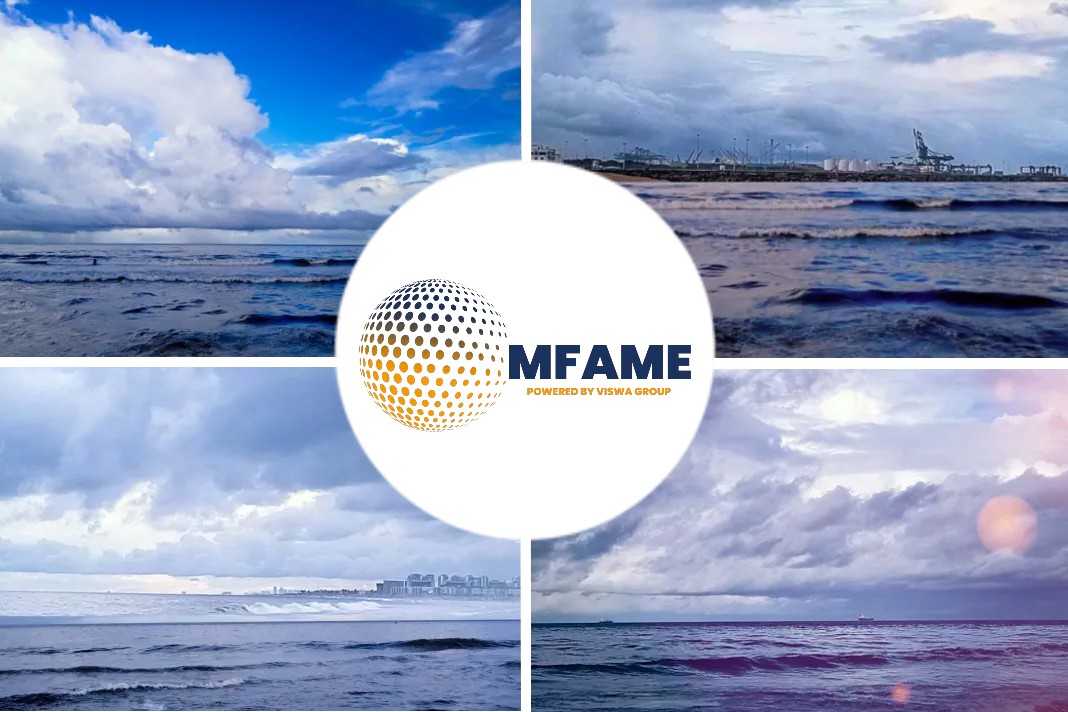
Hong Kong based minor bulk specialist Pacific Basin revealed statistics during its latest quarterly trade update which have grown unfamiliar during the last three years of ever- improving figures.
Core Business
Core business average handysize and supramax daily time-charter earnings of US$13,550 and US$13,630 net per day in the first quarter of 2022 represented a decrease of 43% and 58% compared to the first quarter of 2022. Scrubber technology on 33 supramax vessels softened the blow, contributing US$1,320. per day to an outperformance of the market. In what Pacific Basin management sense to be an imminent market improvement, for the second quarter of 2023 the company has covered 74% and 100% of its core committed vessel days at US$12,710 and US$14,080 net per day for Handysize and Supramax respectively.
Offering scenarios on the coming quarter and beyond the company said: “Dry bulk ship ordering remained muted over the period despite increased newbuild ordering in other sectors. Shipyard slots remain limited, resulting in a new order placed today generally expected to be delivered in 2026.
High Cost Of Newbuildings
According to Clarksons Research the overall dry bulk orderbook remains at a decades low 6.9% and ordering in the first quarter is down approximately 50% compared to the same period last year. It is believed that the high cost of newbuildings, along with higher capital costs, will continue to deter newbuild ordering, when lower priced second-hand ships with prompt delivery represent a more attractive investment with lower residual value risk. It is expected that ordering for dry bulk vessels will remain restrained going forward, discouraged by uncertainty about the future fuels, vessel designs and technology that will be required to meet decarbonisation regulations.
Pacific Basin expects IMO’s global EEXI (Energy Efficiency Existing Ship Index) and CII (Carbon Intensity Indicator) regulations came into effect in January 2023, will help slow capacity expansion. The regulations are expected to drive technical and operational measures to improve the carbon efficiency of existing ships.
Did you subscribe to our daily Newsletter?
It’s Free! Click here to Subscribe!
Source: Xindermarinenews





















